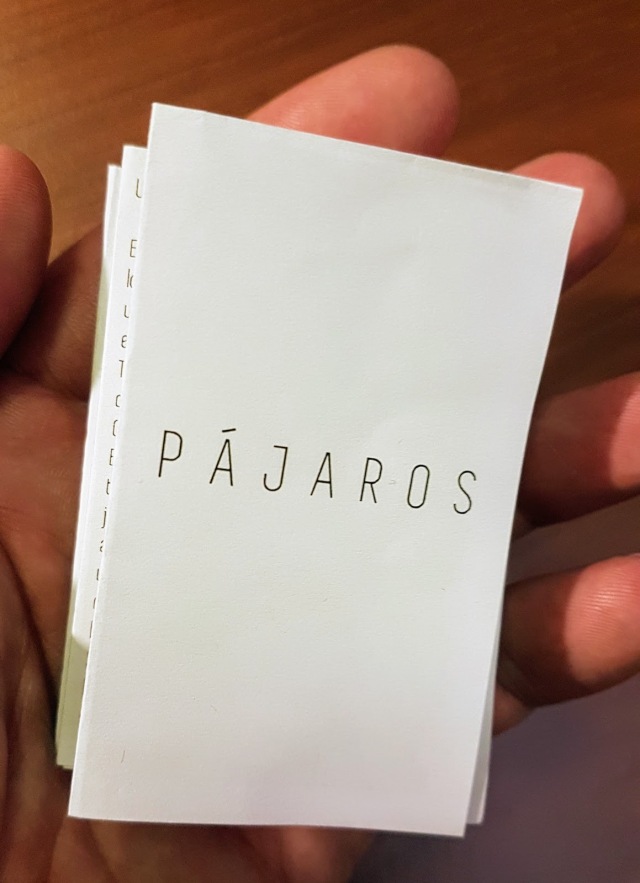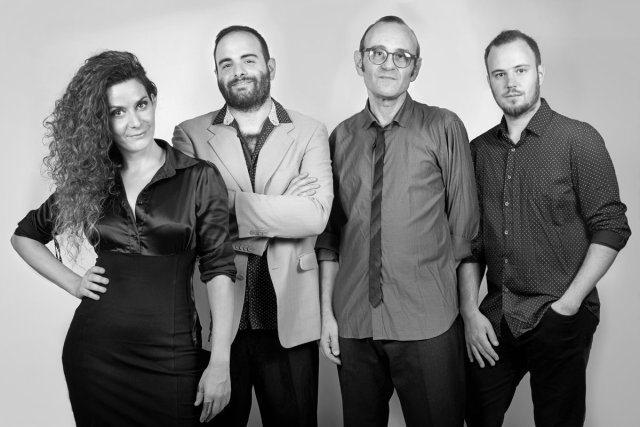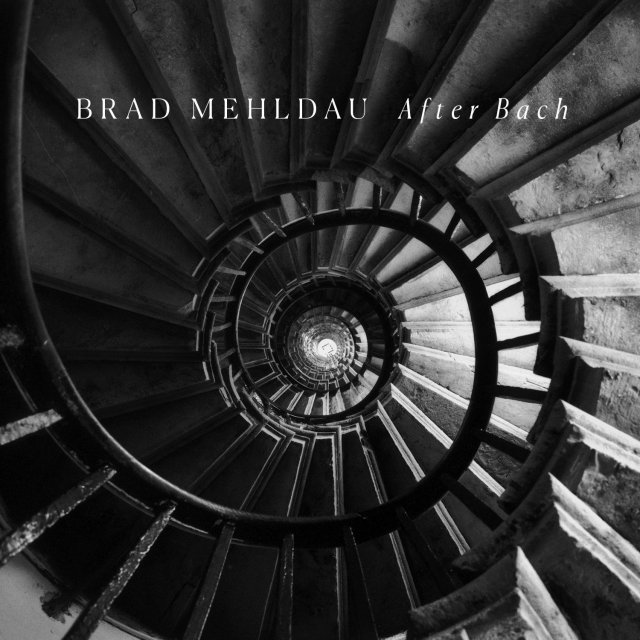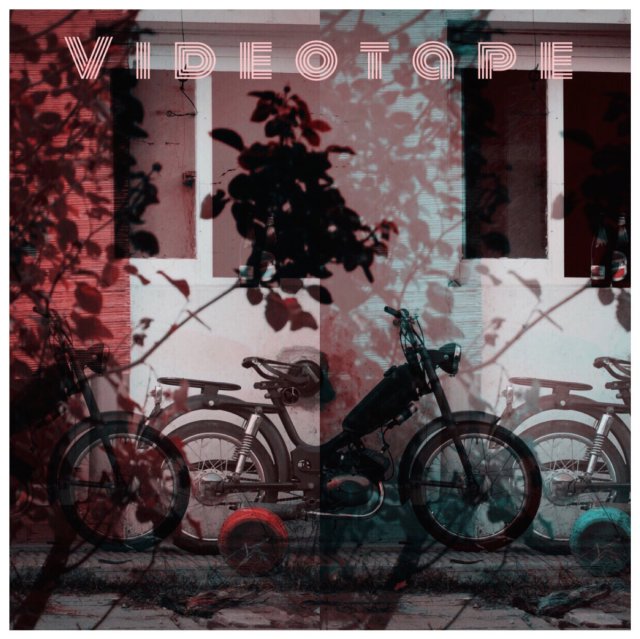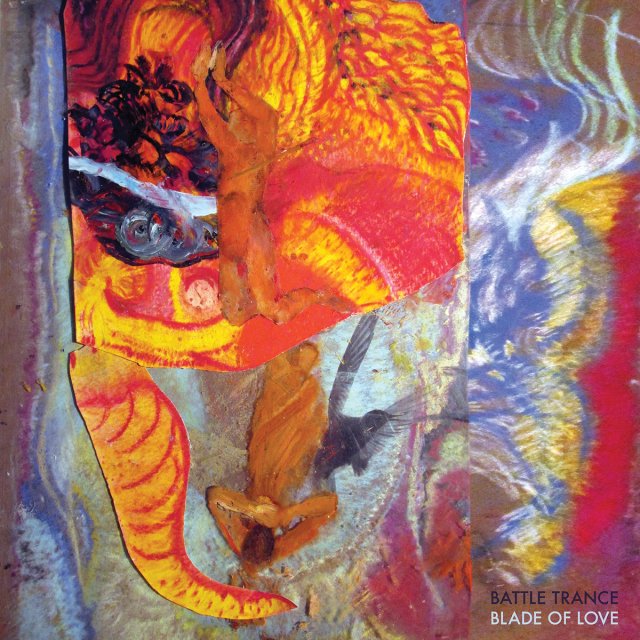
(enlace)
https://mega.nz/#!hdAVkDQL!iwICzKWv4-yLn-s0xiCgbuyW7noeNoNydykfUU7I23Q
buen provecho…
1.Blade of Love I 16:03
2.Blade of Love II 13:47
3.Blade of Love III 10:22
about
Blade of Love is the new album from tenor saxophone quartet Battle Trance. The follow-up to their widely acclaimed debut Palace of Wind (2014), Blade of Love is an elemental composition that aims to fulfill the tenor saxophone’s expansive potential as an ensemble instrument. Working within the intimate intersection of the human body/breath and the saxophone, Blade of Love is a spiritual and enigmatic work with a deep emotional resonance.
Since forming in 2012, the four saxophonists in Battle Trance (Travis Laplante, Patrick Breiner, Matt Nelson, Jeremy Viner) have spent hundreds of hours deepening their musical connection with each other, maturing as an ensemble through relentless touring everywhere from Brooklyn to Los Angeles, Montreal to Vancouver, and most places in between.
The three movements of Blade of Love were composed by Battle Trance leader Travis Laplante and recorded by the group in a wooden room with soaring ceilings in the Vermont forest, after spending two years of rigorous rehearsals working to perfect the array of extended techniques, both virtuosic and primal, required to bring the challenging piece to life.
Blade of Love’s central focus is on the physical and spiritual intersection of the saxophone and the human body. The saxophone is one of the few instruments that literally enters the body of the person playing it, and Blade of Love is a medium for this sacred meeting place, with each member of Battle Trance using the saxophone as a vessel for the human spirit.
Singing has an inherent power, but that power is heightened in the context of Blade of Love. At times, the four players sing while exhaling through the saxophone tubes, using the instrument’s keys to shift the timbre of their voices. Laplante also integrates non-traditional mouth articulations, using the saxophone as a resonant chamber for these inventive sounds. Laplante explains:
«There were certain specific sounds that I imagined being in Blade of Love, but I couldn’t get close enough to them using traditional saxophone tone — sounds like arrows flying through the air, birds singing or flying overhead, bombs, water running, the wind, campfires, singing in church, making love, killing, waves crashing, fighting for your life, thunder, the sound of rage, howling, crying, laughing, the sound of my last breath… So I began working on different ways for the saxophone to get closer to these sounds, and the resulting techniques became part of the fabric of Blade of Love.»
Travis Laplante describes composing Blade of Love as «the most torturous and demanding compositional experience of my life.» He continues: «It’s painful for me to try to explain what this music ‘means,’ because in a sense it has no meaning — and at the same time, it means everything. I just hope Blade of Love will release something in both the listener and the performer’s hearts. It doesn’t ask for anything in return.»
Blade of Love will be released digitally and on CD August 26, 2016 on New Amsterdam Records, with a vinyl edition released by NNA Tapes.
credits
released August 26, 2016
